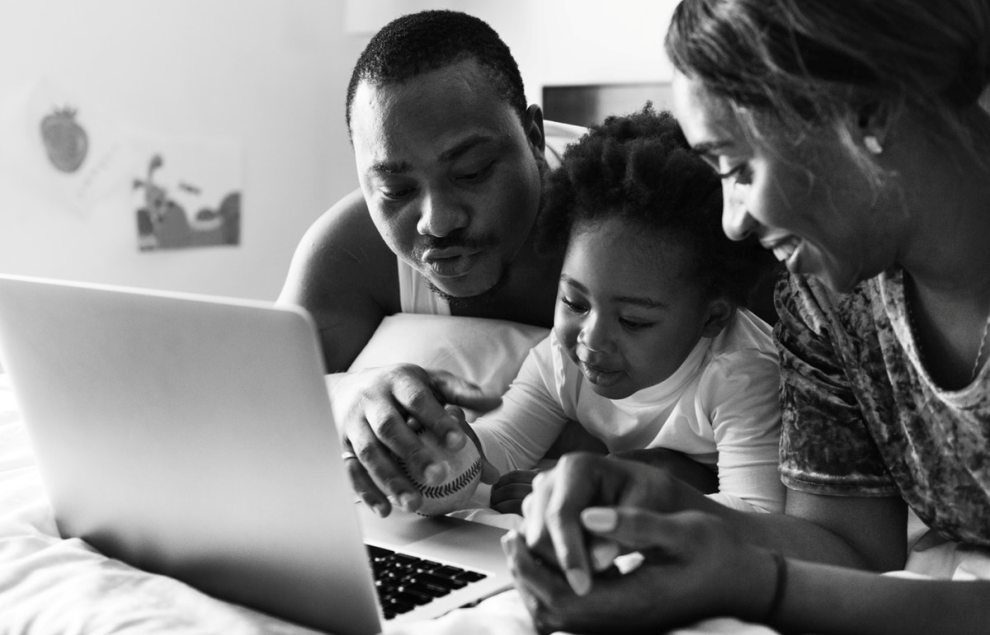If you’ve decided to have a baby, chances are you’ll have already considered the financial implications of raising a child. The cost of diapers, formula and baby clothes soon adds up, and then there are vaccinations, childcare and saving for college tuition to consider.
What you may not have taken into account, however, is that even being pregnant can impact your financial situation, so it’s important to learn your rights at work and beyond to set yourself in good stead for the future.
Managing your money before the baby is born will relieve stress so you and your partner can focus on your new arrival. Here’s what you should know about how starting a family could affect your finances.
You May Not Have Maternity Cover
The U.S. is one of the only countries in the world in which paid maternity leave is not a legal requirement. Instead, Family and Medical Leave Act of 1993 (FMLA) requires 12 weeks of unpaid leave annually for mothers of newborn or newly adopted children. In other words, your employer may offer you a paid maternity package, but they aren’t obliged to do so. If you’re planning to start a family, talk to your boss about maternity cover now, so you know where you stand.
You Will Need to Save Sick Pay and Vacation Time
It’s a good idea to check your company’s policy on saving sick pay and vacation time, as some organizations limit the amount you can claim. It’s sensible to have some untaken sick days up your sleeve in case you or your partner need to go on bed rest during the pregnancy, or your baby arrives sooner than you think. Similarly, you may be able to cover your maternity period with untaken vacation time.
Some short-term disability insurance plans will cover your maternity leave for a set period. This insurance can also cover you if you experience health problems during your pregnancy and you’re unable to work. However, you must have this policy in place before your pregnancy otherwise you won’t be able to claim.
You May Need to Upsize Your Home
Babies take up a surprising amount of space. From cots to playpens to the abundance of toys they steadily acquire, you may find that your growing child needs more space than your current home provides.
It’s a good idea to begin saving toward a bigger home when you or your partner are expecting, as you’ll outgrow a small house or apartment sooner than you think. It also makes sense to look for a property on the ground floor so that you can enter with a stroller. You may also wish to look for a house with outdoor space where your older child can play.
If your home is small, selling is a smart move when starting a family. Just be sure to familiarize yourself with the 1031 tax exchange rules so you can strategically reinvest in a new property while deferring your capital gains taxes.
Conclusion
There’s no denying that starting a family will impact your finances, so be prepared for your income to take a hit and try to save money in advance if you can. It helps relieve some of the pressure of looking after a newborn if your finances are stable and there’s no hurry to return to work.












Add Comment